2024

Sponsor: National Science Foundation
PI: Dr. Suman Mitra
Co-PI: Dr. Daniel Rodriguez Roman
Budget: $75,000
Additional Info:
Project Website: Link to Website
Description: This Civic Innovation Challenge (CIVIC) Stage 1 project will fund research that addresses the pressing challenge of providing diverse transportation options for older adults (aged 65 and above). The goal is to create user-friendly tools and applications that help older adults find safe, reliable transportation to essential destinations like medical appointments, grocery stores, and recreational activities by leveraging existing community resources and social networks. Social networks play a crucial role in facilitating mobility for older adults, emphasizing the importance of community-based transportation solutions. By improving understanding of how these networks and resources influence transportation options, the research project will strive to develop new transportation solutions that better meet the daily needs of older adults. The research project, titled Mobility and Aging in Collaboration (MAGIC), aims to enhance the quality of life for older adults by increasing their accessibility to essential services, thereby promoting independence and well-being. Additionally, the project will foster partnerships among academia, transportation professionals, and civic operators, and provide educational opportunities for students from underrepresented groups in engineering.
The overarching objective of this research project is to determine the degree of impact of a collaborative transportation service on the independence, well-being, and quality of life of older adults. This objective will be accomplished by developing and implementing a collaborative transportation platform for older adults. This platform will optimize the coordination of existing community resources and social networks to create a new collaborative mobility option by applying information technologies, artificial intelligence, and operations research techniques. The specific objective of this planning grant (Stage 1) is to strengthen collaborations with relevant stakeholders, clarify the roles of academic and civic team members, and refine the vision and plan for executing this research-centered pilot project. This research will advance our understanding of the potential of social networks and community resources in addressing transportation challenges faced by older adults. The project will also provide local transportation providers with a low-cost solution to integrate their services, addressing the resource allocation challenges they encounter when serving these disadvantaged demographics.
This project is in response to the Civic Innovation Challenge program?s Track B. Bridging the gap between essential resources and services & community needs and is a collaboration between NSF, the Department of Homeland Security, and the Department of Energy.
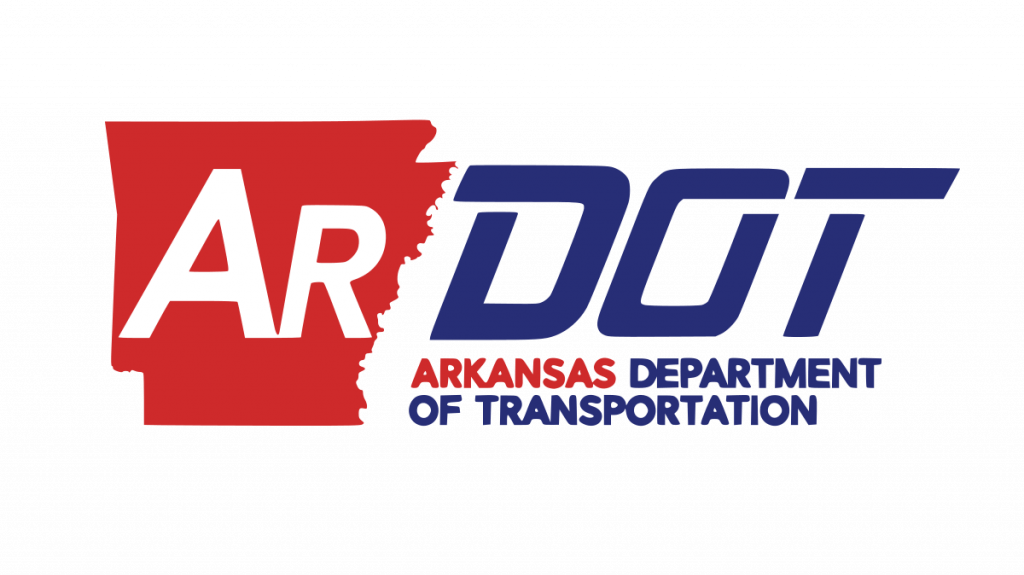
Sponsor: Arkansas Department of Transportation
PI: N/A
Co-PI: Dr. Suman Mitra
Budget: $607,209
Additional Info:
Description: N/A
2023
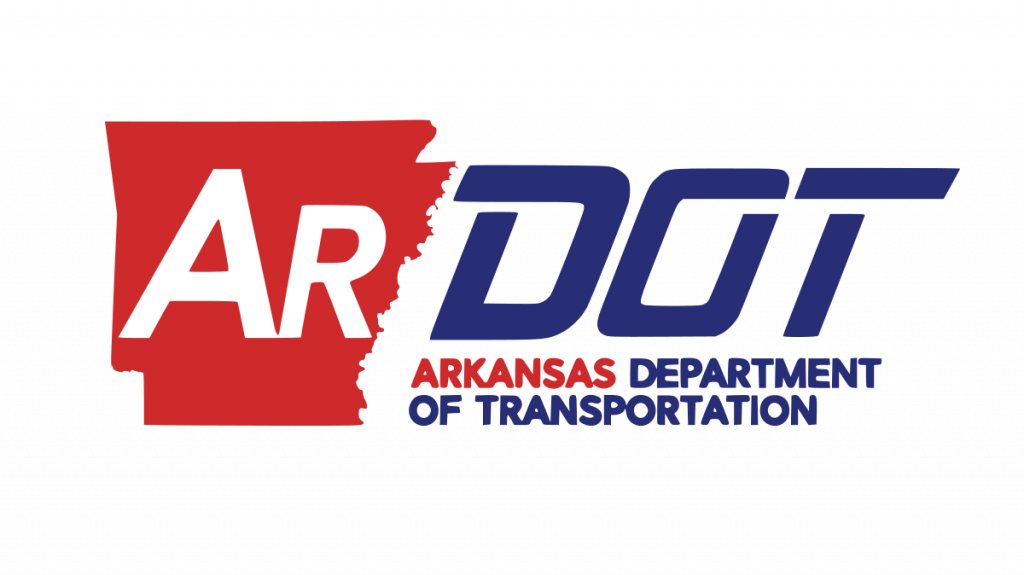
Sponsor: Arkansas Department of Transportation
PI: Dr. Suman Mitra
Co-PI: Dr. Sarah Hernandez
Budget: $304,779
Additional Info:
Description: This study will develop guidelines to identify emerging ITS technologies based on their relevance for Smart Work Zone (SWZ) applications in Arkansas, provide general design and deployment guidance for these systems, and support state-wide work zone ITS specifications. This is particularly important because the engineers responsible for construction work zones are often unfamiliar with ITS technologies. Additionally, while ARDOT has been using ITS technology for work zone management since 2000, a framework for evaluating the effectiveness of these deployments does not exist. This study will develop a framework to assess the effectiveness of different SWZ strategies to justify their continued development and implementation.

Sponsor: Arkansas Department of Transportation
PI: Dr. Suman Mitra
Co-PI: Dr. Sarah Hernandez
Budget: $348,020
Additional Info:
Description: The objective of this study is to collect data on travel patterns of non-motorized transportation users. Observational field data will be used to test the accuracy emerging data sources such as cell phone tracking data. Both observational and emerging source non-motorized traffic volume data will be overlaid with historical crash and roadway inventory data to determine crash risks for selected locations. Based on crash risks of those selected locations, countermeasures can be implemented to address the increasing number of suspected serious injuries and fatalities among this vulnerable user group. This will lead to better informed future project coordination and infrastructure prioritization.

Sponsor: Arkansas Department of Transportation
PI: Dr. Sarah Hernandez
Co-PI: Dr. Suman Mitra
Budget: $237,984
Additional Info:
Description: The objective of the proposed research is to quantify the multi-modal impacts due to a Mississippi River bridge closure. This study will consider different scenarios/combinations of bridge closures (i.e., full and partial bridge closures that take account of one/both directions, single/multiple lanes, and day/night closures) including all the Mississippi River bridges in Arkansas (i.e., I-40, I-55, HWY 49, and HWY 82 bridges). A comprehensive multi-modal analysis will be performed that considers the number of vehicles, trucks, and marine vessels/barges disrupted due to the bridge closure (with all potential scenarios/combinations) and applies detailed cost conversions to monetize direct (delays) and indirect (safety, infrastructure, operations) impacts. Also, this study will develop an Excel-based tool to conduct “what if” analyses for decision-making purposes, whether for operation, maintenance, or planning activities.
2022
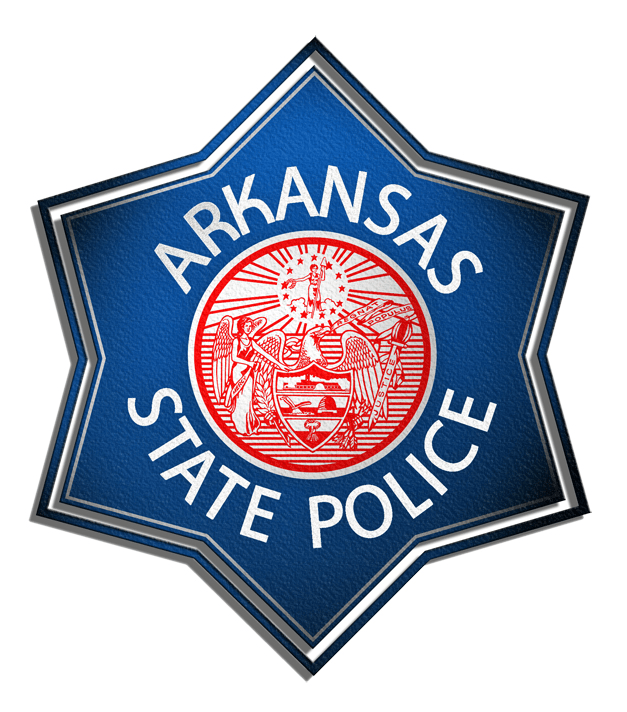
Sponsor: Arkansas State Police
PI: Dr. Sarah Hernandez
Co-PI: Dr. Suman Mitra
Budget: $65,281
Additional Info:
Description: The project will develop, implement, and analyze a “Safety Awareness Survey”. The survey aims at tracking attitudes, self-reported driving and riding behaviors, awareness of traffic safety enforcement and campaign activities, and knowledge and opinions regarding laws related to cell phone use. The target population for the survey was Arkansas residents 16 years of age or older.

Sponsor: Arkansas Department of Transportation
PI: Dr. Clinton Wood
Co-PI: Dr. Suman Mitra
Budget: $154,734
Additional Info:
Description: This project plans to update ARDOT’s liquefaction triggering evaluation methodology with the newest procedures and incorporate additional empirical liquefaction hazard estimates such as the liquefaction potential index (LPI). This will provide ARDOT with the tools necessary to design pile foundations in liquefiable soils using the most up-to-date guidance and methods.
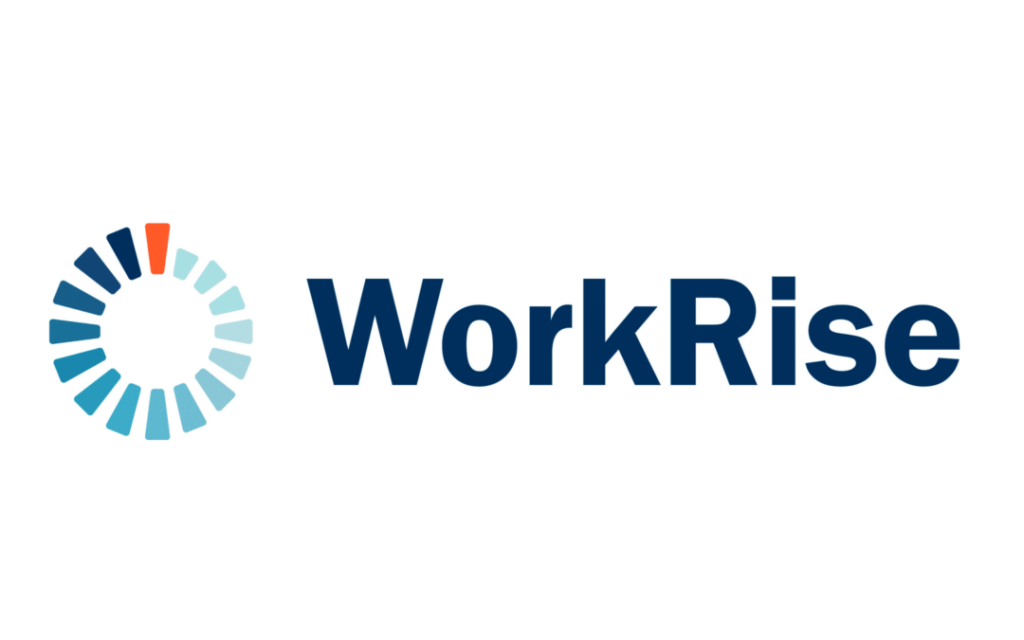
Sponsor: WorkRise, Urban Institute
PI: Dr. Suman Mitra
Co-PI: Reese Brewer and Dr. Muhammad Saifur Rahman
Budget: $10,000
Additional Info:
Description: Researchers will write a research synthesis describing the current scope and quality of evidence on the state of evidence and research frontiers for how transportation influences labor market outcomes, and the potential role micromobility programs could play for under-served populations and small- and medium-sized cities.
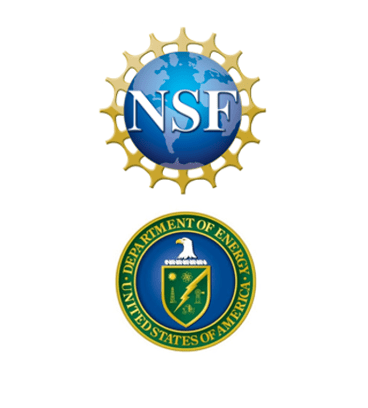
Sponsor: National Science Foundation (NSF) and U.S. Department of Energy (DOE)
PI: Dr. Suman Mitra
Co-PI: Reese Brewer (Frontier MPO), Dr. Sarah Hernandez (UARK), and Dr. Elizabeth Mclain (Arkansas Colleges of Health Education)
Budget: $1.2 Million
Additional Info: CIVIC Innovation Challenge, Award Abstract, Stage 2 Awards
Project Website: smilies.uark.edu
One pager: one_pager
Description: The overall objective of this project is to design and evaluate a Shared Micromobility (SMM) system for affordable housing communities through a community-engaged research-centered pilot project. This objective will be accomplished through a Community-Based Participatory Action Research (CBPAR) methodology, supported with quantifiable models to estimate the impacts of SMM on household travel and costs as well as the latent demand for SMM services. The CBPAR team for this project includes diverse stakeholders from universities, public planning and transportation agencies, local businesses, and SMM vendors. The proposed research will leverage community engagement to first design a community-centered SMM system and then conduct real-world pilot deployments under community-defined conditions. The pilot is to be deployed in Fort Smith, Arkansas, a mid-sized city with high incidents of poverty and racial diversity and a history of transportation challenges centered on access to jobs and essential services attributable to a lack of public transit.
2021
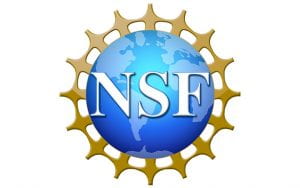
Sponsor: National Science Foundation (NSF)
PI: Dr. Suman Mitra
Co-PI: Dr. Sarah Hernandez and Reese Brewer (Frontier MPO)
Budget: $50,000
Additional Info: Civic Innovation Challenge, NSF, YouTube
Twitter Thread: https://twitter.com/NSFCIVIC/status/1418604306480058376
Description: The vision of this research-centered pilot project is to improve accessibility to jobs in affordable housing communities in small and mid-sized cities by leveraging the explosive growth of shared-use travel modes. This supports the broader goal of creating thriving local economies by linking workers to jobs and consumers to businesses, resulting in fiscal benefits for local, state, and federal governments. . The overall objective of this project, Shared MicromobIlity for affordabLe-accessIblE houSing (SMILIES), is to determine the degree of impact of SMM services on accessibility to jobs and essential activities, household transportation costs, and energy consumption for affordable housing communities in small and mid-sized cities, and rural areas. This objective will be accomplished by developing a community engaged research-centered pilot project in the City of Fort Smith, Arkansas. The specific objective of this planning grant proposal (Stage 1) is to strengthen collaborations with relevant stakeholders, solidify academic and civic team members’ roles, and refine the vision and plan for executing this research-centered pilot project.

Sponsor: Arkansas Department of Transportation (ARDOT)
PI: Dr. Suman Mitra
Co-PI: Dr. Sarah Hernandez and Chris Angel (Center for Advanced Spatial Technologies)
Budget: $209,659
Additional Info: Dr. Sarah Hernandez
Description: ARDOT has relied on ‘The Manpower Forecasting System Formulas Program’ since the 1970s to predict workforce needs at Resident Engineer’s (RE) offices throughout the state. The program takes project characteristics (roadway type, contract amounts, etc.) as input to predict annual inspection staffing levels based on formulas derived from historical construction project data. The software estimates the labor required to inspect projects as they are constructed, determines when and where labor is needed, and generates reports of this information. Unfortunately, the staffing prediction formulas within the program have not been re-estimated to reflect today’s workforce productivity and the Department’s changing resource usage patterns. Further, from a practical standpoint, the software currently used is outdated and cannot run or be updated easily on modern PCs. Therefore, the purpose of this project is to re-estimate and expand the capabilities of the workforce prediction model and software. For added functionality, the proposed software will allow direct user input for items like seasonal factors and underlying workforce usage trends and ideally enable longer-range predictions (2 to 3 years).
2020
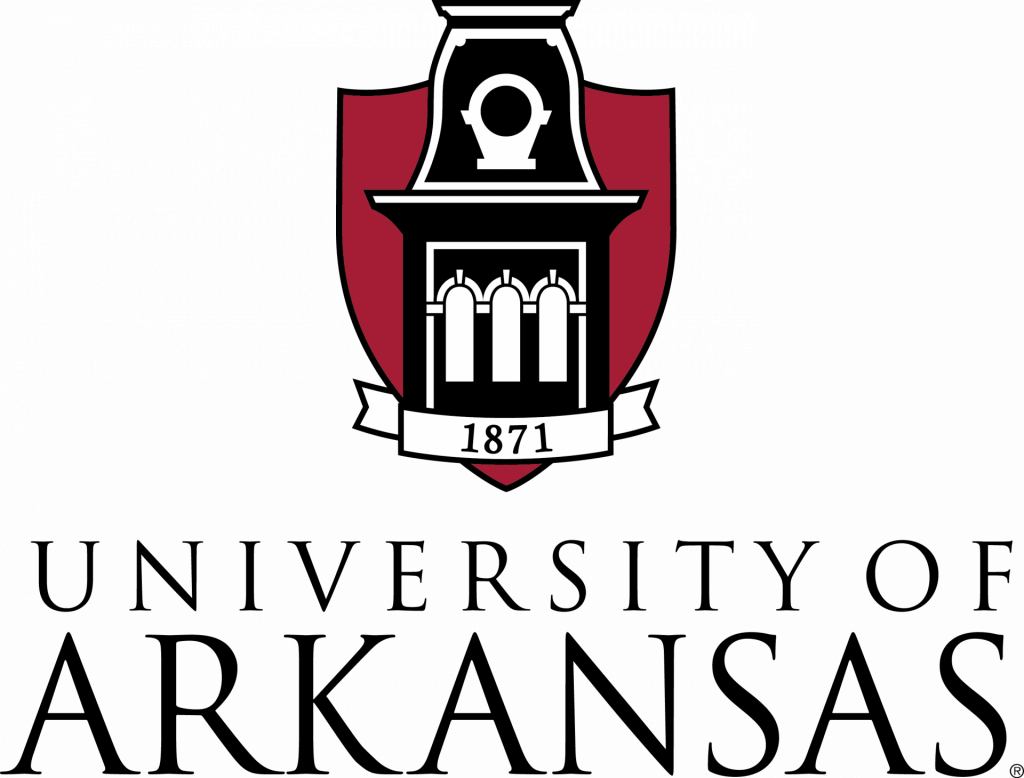
Sponsor: Chancellor Innovation and Collaboration Fund, University of Arkansas
PI: Dr. Suman Mitra
Co-PI: Dr. Michelle Gray (Exercise Science), Dr. Alishia Ferguson (Social Work), Dr. Jennifer Webb (Interior Design)
Budget: $117,600
Project Website: https://www.magicresearch.org/
Description: This collaborative project aims to integrate information about the transportation mobility of older Arkansans with that of their well-being and quality of life using an interdisciplinary approach. The need for older adults to remain active and engaged in society is critically related to transportation issues, particularly as the size and proportion of the older population grow in Arkansas. Mobility is important not only for satisfying basic life-sustenance needs, such as nourishment, livelihood, and medical care but also for higher-order needs, such as social interaction and recreation, as these needs contribute to the overall well-being of the aging population. Therefore, it is imperative to understand the link between transportation mobility and one’s independence, well-being, and quality of life as they grow old. Analysis of existing research indicates that understanding and examining this link will require context-specific expertise, information, and knowledge offered via an interdisciplinary array of sectors society-wide. Seed funds from this grant will provide the means to collect and analyze preliminary data to study both the link between transportation mobility, independence, well-being, and quality of life as well as focus on rural areas through a new multi-disciplinary collaboration between faculty from four colleges and four departments. An outcome of this project will be a mobility toolkit (MAGIC: Mobility and Aging in Collaboration) for the older adults in Arkansas. A first-of-its-kind resource, the toolkit will provide specific interventions and programs to improve transportation mobility, to promote independence, to prevent immobility, and to improve the quality of life of older adults. The project will contribute to improving human health and community vibrancy by addressing social determinants of health as a function of access to transportation by older adults as well as it has implications for innovating a resilient and sustainable future through the enhancement of transportation systems by understanding demand and use by this particular demographic.

Sponsor: California Air Resource Board (CARB)
Campus PI: Dr. Suman Mitra
Partner Universities: University of California, Irvine; University of California, Los Angeles; and University of California, Riverside
Budget: UARK Subcontract share: $90,000; $1,000,000 (Total prime CARB share)
Description: This project will examine the market share of cleaner technologies and lower carbon intensive fuel use among heavy-duty vehicles (HDVs) and off-road equipment (ORE) to better understand how regulatory measures and incentive programs have affected the market. This project will also project the uptake of low-carbon technology and identify the technical features that could potentially improve and optimize the energy demands of both HDVs and ORE\ under various operational conditions. In order to identify barriers to uptake of low-carbon technology, the research team will conduct an extensive analysis of existing market survey and real-world operation data of heavy-duty fleets and ORE participating in incentive programs. More incentive programs exist for HDVs; thus lessons learned will be extrapolated to OREs and that sector’s unique challenges to increasing the market share of clean technology propulsion systems. The project will also examine incentive programs as a whole and quantify socioeconomic, environmental and health impacts as a function of incentive dollars spent on clean technology adoption. Using the market data as well as inputs from other research projects, this project will forecast low-carbon transportation technology market penetration between now and 2050 in consideration of incremental cost, projected availability of low-carbon fuel sources, estimated reduction of criteria pollutants and greenhouse gas emissions. Finally, this project will estimate the year in which low-carbon technology solutions reach cost parity or market acceptance relative to conventional technologies without incentive program supports.
2019

Sponsor: Arkansas Department of Transportation (ARDOT)
PI: Dr. Sarah Hernandez
Co-PI: Dr. Suman Mitra
Budget: $199,921
Additional Info: Dr. Sarah Hernandez
Description: The transportation system is especially vulnerable to natural and human-made disasters. For example, between 2009 and 2012 a series of rockslides on I-40 from Columbia, SC to Knoxville, TN closed this critical route for up to several months. Detour routes of almost 60 additional miles caused significant increases in vehicle miles travelled (VMT) and vehicle hours travelled (VHT) for passenger and freight traffic. Such disruptions to the transportation network have compounding effects on mobility, safety, and the economy. As a result, many states are developing methods to assess transportation system resiliency and to use such assessments to help prioritize projects that enhance system resiliency. Simple resiliency assessment methods determine the 1st, 2nd, to kth shortest paths between major origin-destination pairs and estimate the impacts in terms of VMT, VHT, or user costs (i.e. lost wages due to travel time delays)of detouring forecast traffic volumes for both passenger and freight traffic to each path as an indicator of vulnerability which relates to resiliency. The benefits of understanding and planning resilient systems are evident for state DOTs-the FAST Act incorporates ‘resilience and environmental mitigation activities’ as key program feature. This study will provide ARDOT with a foundational resiliency assessment of the state maintained roadway network with considerations for passenger and freight traffic. Such an assessment will identify critical links and corridors using repeatable, data-driven methods and can be used to support project prioritization and selection.